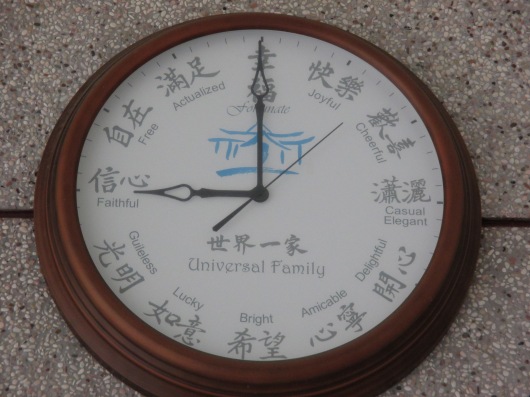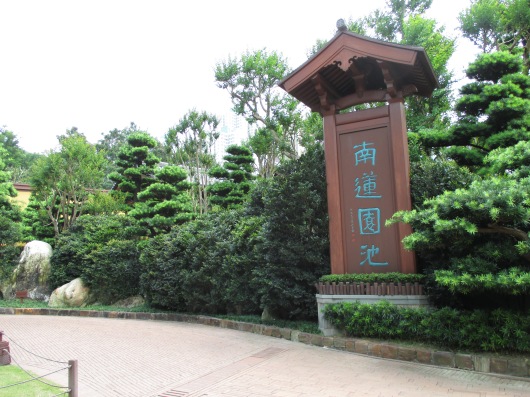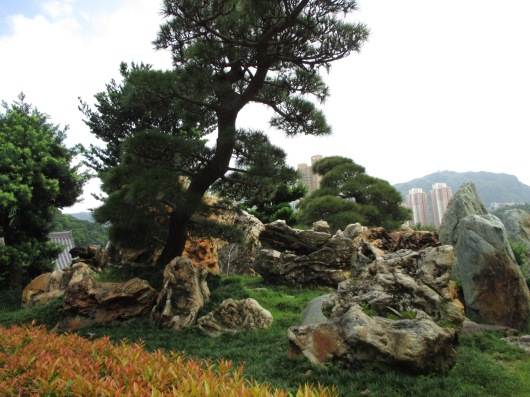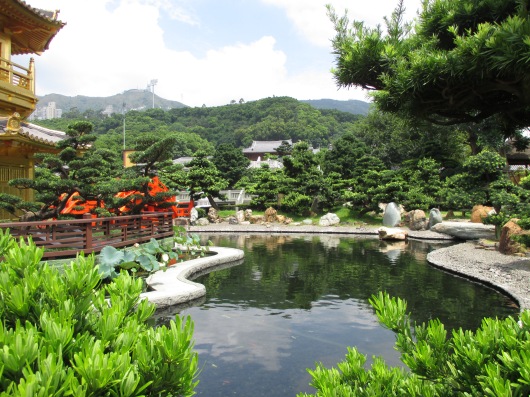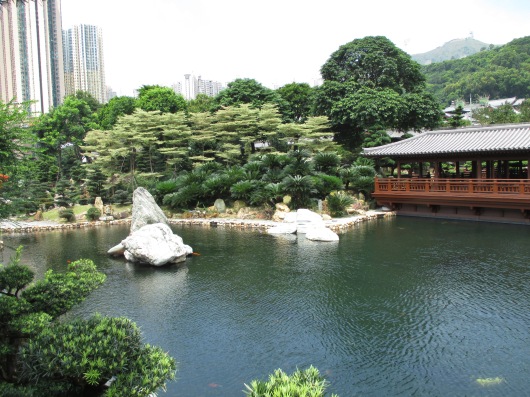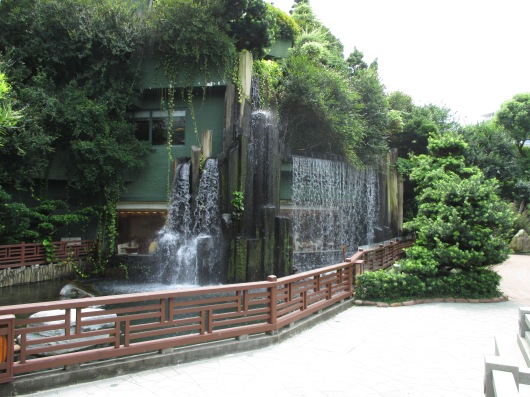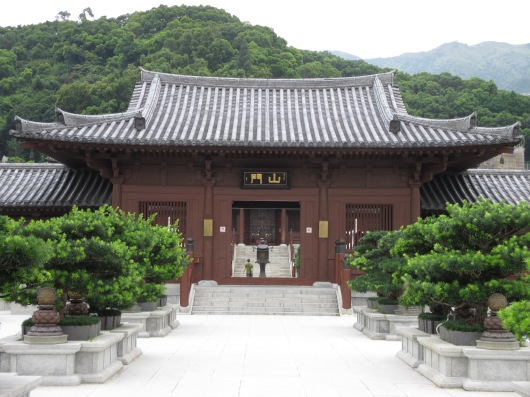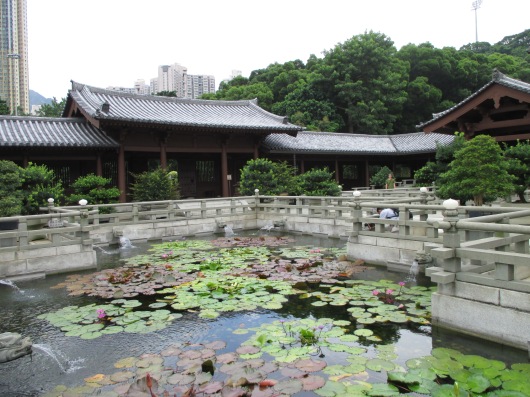
Q. My friend joined an immortality cult and spent a lot of time serving them. He also donated large sums of money. It seems that once they got hold of a person they brain-washed him. What can I do to help him get out?
A. Immortality cults had been around for a long time, preying on people’s felt needs and fears, taking from them time and money but giving back nothing in return except empty promises. http://news.bbc.co.uk/2/hi/uk_news/4059549.stm
The reality is that despite their claims of discovering ancient secrets for the fountain of youth or possessing extraordinary powers, they still grow old, fall sick, and die. The death rate for the human race since the beginning of time is still 100%, except for Enoch (Gen 5:24) and Elijah (2 Kings 2:11), whom God took away. I deplore these charlatans whose schemes swindle people and break up families.
But before we explore ways to help your friend, let me just clarify what the Bible said about immortality. In the Bible, only God is immortal with respect to inherent nature; human beings are mere mortals:
* Rom 1:23 and exchanged the glory of the immortal God for images made to look like a mortal human being and birds and animals and reptiles.
* 1 Tim 1:17 Now to the King eternal, immortal, invisible, the only God, be honor and glory for ever and ever. Amen.
* 1 Tim 6:16 who alone is immortal and who lives in unapproachable light, whom no one has seen or can see. To him be honor and might forever. Amen.
In early human history people used to live to nearly 1,000 years old, but the longevity of the human race declined rapidly after the Flood. Prior to the Flood, Gen 5 named 9 generations from Adam to Noah (excluding Enoch who was taken by God and did not die), with an average age span of 911 years. After the Flood, Gen 11 also named 9 generations from Shem to Terah, but their age decreased geometrically from a high of 500 to a low of 119, with an average of 298, only 33% of that before the Flood. In fact, in Gen 6 God saw the wickedness of the human race and said, “My Spirit will not contend with humans forever, for they are mortal; their days will be a hundred and twenty years.” That 120 years as a round upper limit to human life had persisted to this day.
However, God chose to give those who seek righteousness through the gospel eternal life and physical immortality.
* Rom 2:7 To those who by persistence in doing good seek glory, honor and immortality, he will give eternal life.
* Prov 12:28 In the way of righteousness there is life; along that path is immortality.
* 2 Tim 1:10 but it has now been revealed through the appearing of our Savior, Christ Jesus, who has destroyed death and has brought life and immortality to light through the gospel.
Eternal life is granted the moment people place their trust in Jesus Christ as their Lord and Savior, but when is physical immortality bestowed? At the Second Coming of Christ, when the dead in Christ will be raised and given imperishable, immortal resurrection bodies:
* 1 Co 15:53-54 For the perishable must clothe itself with the imperishable, and the mortal with immortality. When the perishable has been clothed with the imperishable, and the mortal with immortality, then the saying that is written will come true: “Death has been swallowed up in victory.”
So, for any cult to claim that they have achieved, or can achieve, immortality, it’s a simple matter to check whether any of their leaders ever get sick and died. No doubt they can blame the victims by saying they did not have enough faith, or that they have not yet progressed to an advanced degree. You can fool the people if this happens to only a few, but if all their top guns eventually age, get sick, and die one by one, I don’t know what kind of story they can fabricate to justify their fraud.
Typically cults have former members who are disillusioned and have awaken out of the web of lies. Some are disgruntled; some have formed support groups to help others extract themselves out of the cult. It would be very helpful for your friend to get in touch with such support groups, as these former insiders know all about the lies and manipulations the leaders use to control their followers. Above all, pray and wait for the opportune time. Your friend may not want to hear the truth now, but any time there is a crisis it can be turned into an opportunity to help him break free of the stranglehold the cult has on him. Ask God to loosen your friend from the bondage. He listens.















